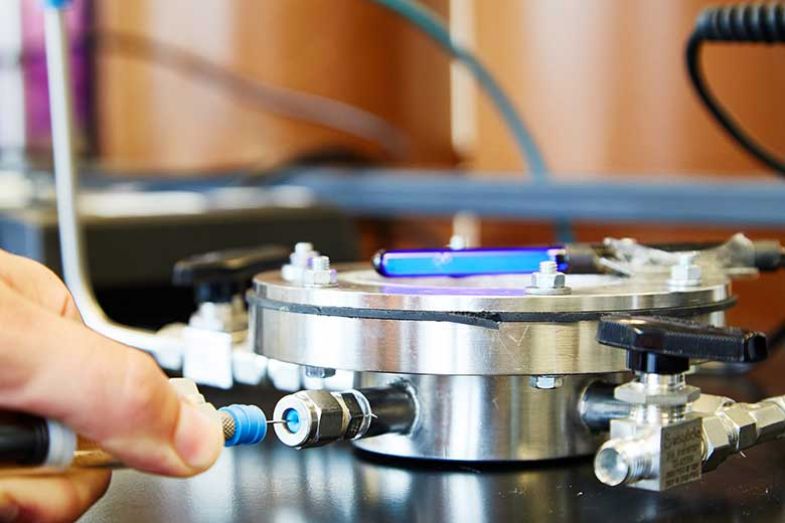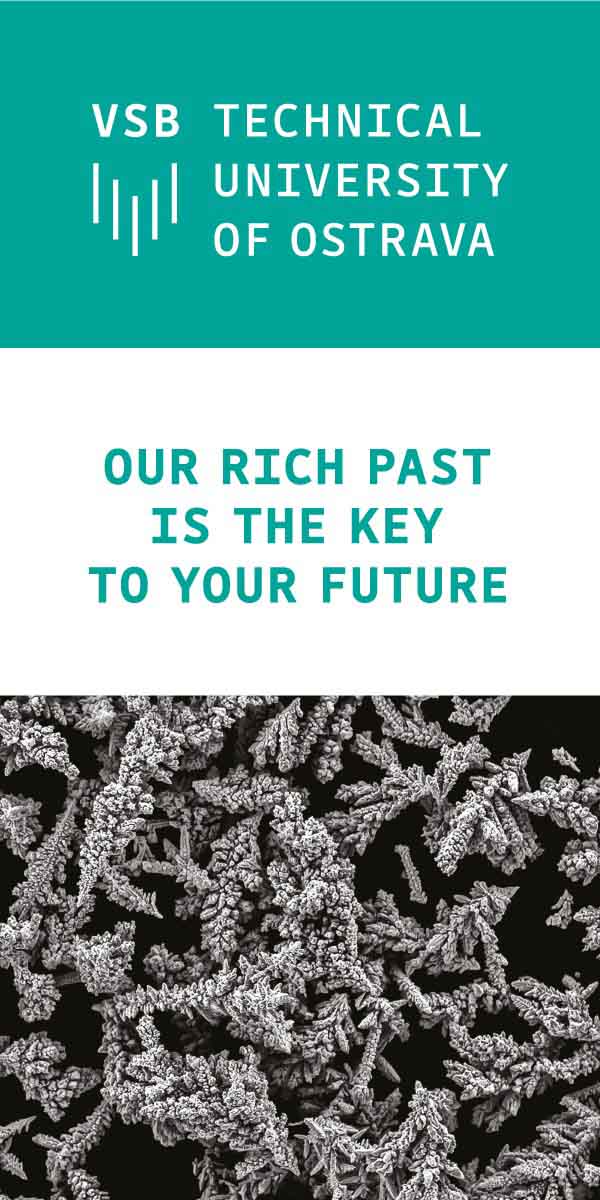
The Institute of Environmental Technology at VSB – Technical University of Ostrava is expanding its programme of innovative, collaborative projects
Since its foundation in 2004, the Institute of Environmental Technology (IET) at VSB – Technical University of Ostrava (VSB-TUO) has focused on innovation that maintains the health of the planet.
The institute’s main research is energy recovery from waste (municipal, biowaste, industrial), for example by combustion. Pyrolysis – the thermal treatment of waste without oxygen, to extract carbon, liquids or gasses – is a key focus, as is the production of biogas from biodegradable waste.
“These are processes which are already known and commercially applied, but we strive to develop improvements and the utilisation of products from them,” says Lucie Obalová, IET’s director.
Notable IET research projects include decreasing emissions from the combustion process in waste incinerators, and research into the mitigation of pollution from industrial processes, such as nitric acid production, with its high emissions of nitrous oxide and fossil fuel combustion that produces pollutants such as nitric oxide, carbon dioxide and sulphur dioxide. Professor Obalová says: “We focus on catalytic methods of reducing emissions from these processes.”
IET also addresses pollution via organic compounds in water, because wastewater treatment plants often do not separate pollutants such as hormones and pesticide residue effectively.
Professor Obalová notes that photocatalysis, the oxidation of an organic compound in the presence of a catalyst and light, is particularly promising. “The aim is to develop a process that works in sunlight, without potentially polluting energy input,” she says.
IET works closely with industry in the Czech Republic, where its partners include Spolana, a large chemical plant in Neratovice, and SMS CZ, which produces waste incineration units. IET also carries out commercial contract research with both small and large private companies.
As a public university, VSB-TUO partners with government agencies, such as the Czech Ministry of Industry and Trade, the National Science Foundation, and also with the Ministry of Education, Youth and Sports on a research infrastructure project, which shares IET’s research and resources using an open-access model.
Despite its relative youth, IET has already established several academic partnerships with universities in the Czech Republic and across Europe, including in Austria, Finland and Poland. Further afield, it has research partners in China, Taiwan, Egypt, Peru and Argentina. Because of this, opportunities to collaborate on research with IET are both valued and welcomed.
IET has identified several key areas for its future research, including enabling hydrogen technologies for cleaner transport and how to decrease the emissions of nitric oxide by its direct decomposition to nitrogen and oxygen, without using reducing agents such as ammonia and urea. “It seems simple, but it is very challenging,” says Professor Obalová. As is another planned research project about the photocatalytic reduction of carbon dioxide to methane, hydrogen and methanol. With the future health of the planet at stake, though, IET’s research will only become more important in the years ahead.
To find out more, visit iet.vsb.cz/en











